A lithium battery tester, also known as a lithium battery analyzer, is a professional equipment used to assess the performance of lithium batteries. Act lithium battery tester is widely used in battery production, research and development, quality control, and other fields; it can quickly and accurately test the lithium battery voltage, current, internal resistance, capacity, and other parameters to provide a basis for optimizing the performance of lithium batteries.
Common types of lithium battery tester
There are many kinds of instruments used to test the performance of lithium batteries, each of which has its unique usage and characteristics; the following are a few common ones. Lithium battery tester for micro battery is usually compact and portable, suitable for use in the field or laboratory. They usually have an easy-to-use interface and can test the voltage, current, capacity, internal resistance and other parameters of lithium batteries, as well as charging and discharging functions. These instruments can transmit the test data to a computer for analysis through a data interface, which makes data management and processing more convenient.
A digital lithium battery tester is a more advanced kind of test instrument; it usually has high precision and high stability and can carry out more comprehensive lithium battery performance tests. Digital lithium battery tester can test the lithium battery charging and discharging performance, cycle life, multiplier performance, safety performance and other aspects of the parameters, and has automatic data processing and analysis functions. These instruments usually use computer control and data processing technology to realize automated testing and data management, which improves testing efficiency and accuracy. The microprocessor lithium battery tester combines the features of miniaturization and intelligence. They use high-performance microprocessor control technology, which can quickly and accurately measure the performance parameters of lithium batteries. These instruments have large-capacity storage, which can store a large amount of test data and can be remotely controlled and data analyzed through a computer.
Lithium battery tester common faults and maintenance methods
Abnormal screen: It may be due to the internal cable of the monitor being loose or damaged. The solution is to check the cable and re-plug it; if it is damaged, it needs to be replaced. Oscilloscope alarm: this may be due to lithium battery tester harbor freight. The probe or oscilloscope is not set properly. Check if the probe is intact and the oscilloscope is set correctly. Abnormal charging and discharging: It may be due to overheating of the power module or battery. The equipment should be kept well cooled, and dust should be cleaned regularly.
Periodic inspection: At least quarterly inspection, including lithium battery tester circuits, cables, interfaces, cables and probes and other parts. If there is any problem, replace or repair in time. Cleaning and maintenance: Use a soft, damp cloth to clean the device case regularly to keep it clean. Avoid using solvents such as alcohol to contact the electronic components directly. Software Updates: Check regularly for software updates, and if available, download and install them promptly to get the latest features and fix potential bugs.







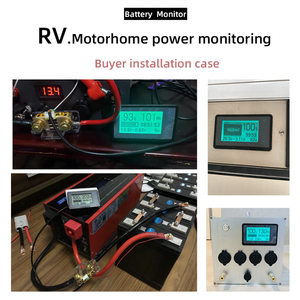






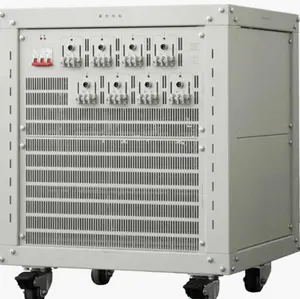





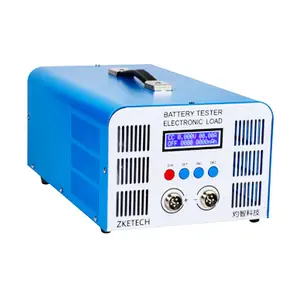
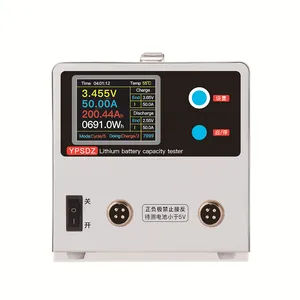

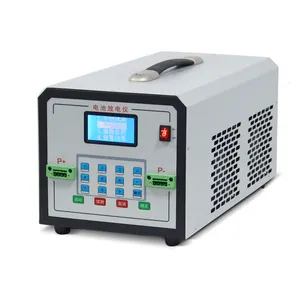
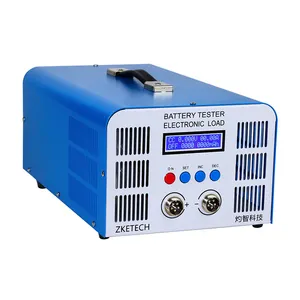


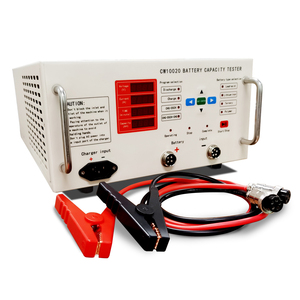
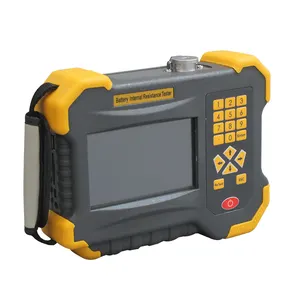
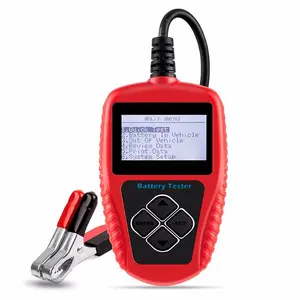
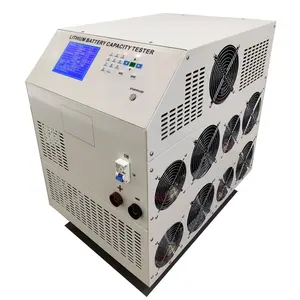










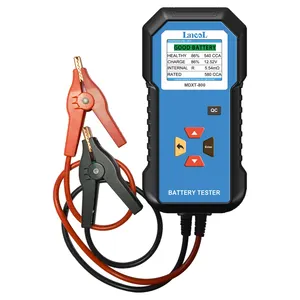






























 浙公网安备 33010002000092号
浙公网安备 33010002000092号 浙B2-20120091-4
浙B2-20120091-4